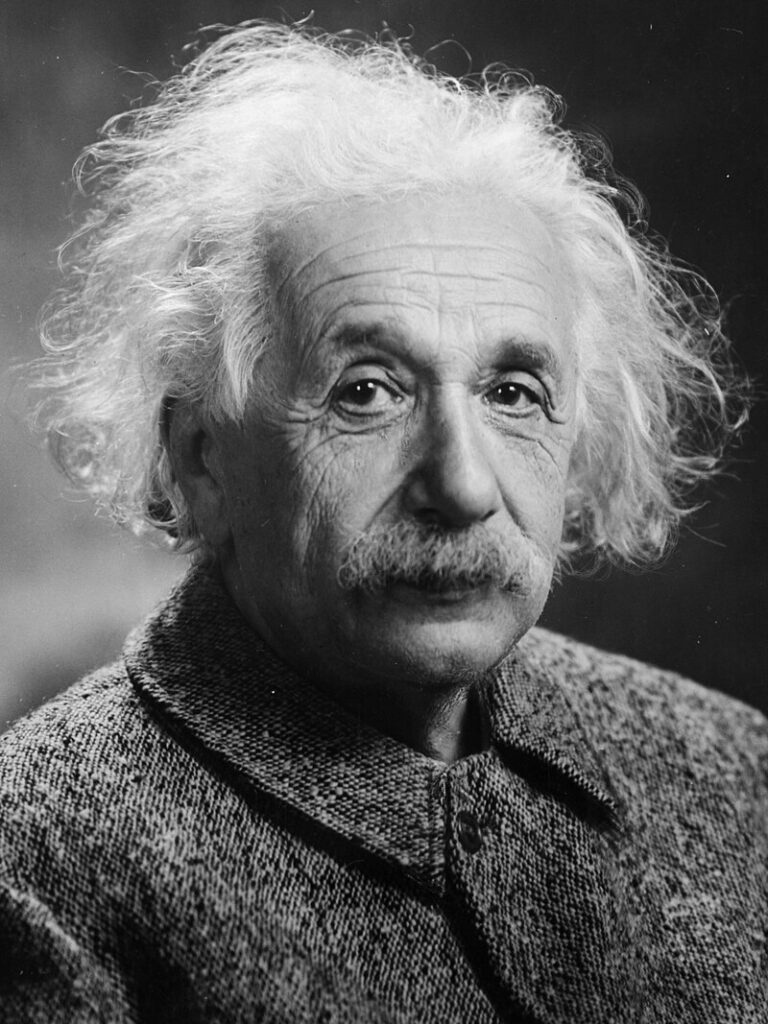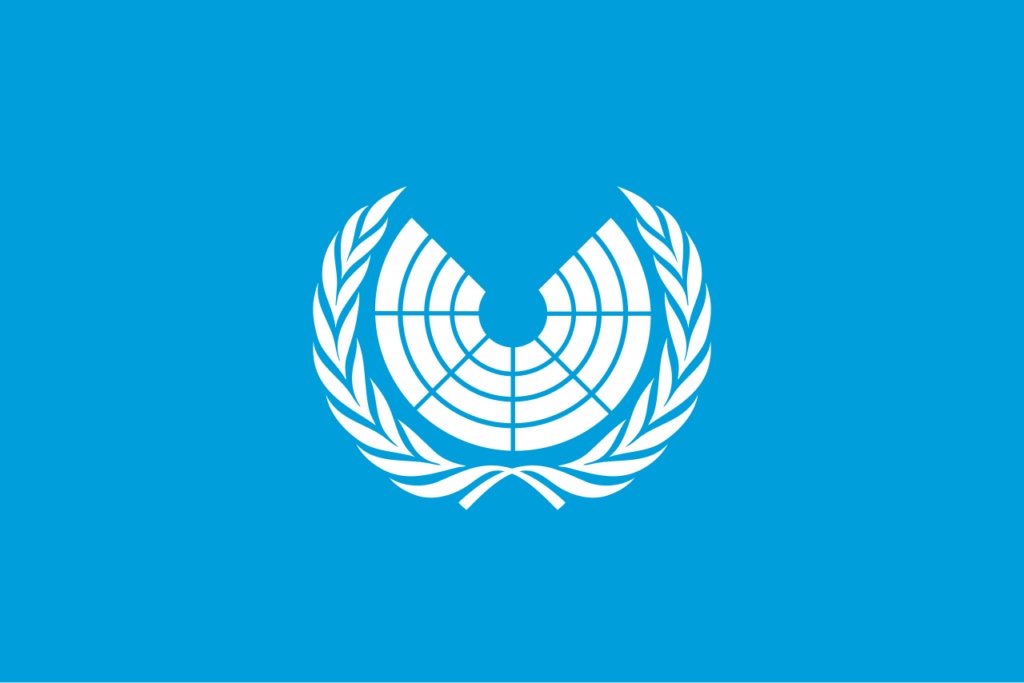Several recent events illustrate the need for a World Government. Firstly, we have an environmental crisis situation that demands global cooperation and coordination. We simply cannot afford rogue actors, like the Trump/Musk regime in the US unilaterally opting out of all environmental engagements, for whatever reasons they chose to give. Secondly, we just had a global pandemic, where crucial global coordination was impeded by mutual distrust and vaccines where very unevenly distributed between countries due to a lack of a global distributive authority, Thirdly, we have a global political anarchy where large states are occupying smaller states at will, resulting in catastrophic loss of human lives and unimaginable suffering, e.g. in Ukraine and Palestine. These three matters alone beg for a global authority – and this time, one with with real economic and military power.
After two disastrous world wars, institutions and laws were established in an attempt to stop devastating global wars and atrocities from reoccurring. The United Nations, the Geneva Convention and later, the ICJ, and ICC were among the most prominent of these efforts. And in many instances the new “Rule Based World Order” had an impact and was respected. It stated that countries could not any longer acquire land by occupation, prisoners of war had to be treated humanely and genocide was flatly outlawed. However, with no centralized authority put in place, it would be up to individual states to comply with or disregard these measurements. Anarchy remained the global ruling principle. And as has been amply illustrated by current events, “Might is Right” is back in full swing and about to shred the “Ruled Based World Order” to useless bits and pieces. The world needs a global authority like never before.
The world needs a global authority in much the same way that a country needs a national authority. In the era before national authorities became the norm, there were frequent wars going on between different parts of most countries. The south went to war against the north, and the west fought the east. In my home country, Norway, local chieftains regularly looted their neighbour communities with impunity, and for a long time any individual (at that time implying men) could legally claim the right to another individual’s property – including his farm and wife – by challenging him to a “Holmgang” – a kind of a rough man-to-man precursor to the later, more civilized “Duel”. The winner then legally acquired the right to the loser’s property – not unlike what the ruling principles of global affairs where like up until the end of World War 2, and what we now sadly again seem to be reverting to.
It is imperative that we remind ourselves that we established the Ruled Based World Order precisely because we no longer wanted the uncertainty and anguish of the “Might is Right” regime that preceded it. But still today, when a country tries to invade and pillage another country, there is no international body to stop it from doing so, except when other countries form alliances that can deter or actively fight such breaches of international law. And when the perpetrator is a global super power or a regional hegemon, there is little to nothing in place to stop them. Thus we see Ukraine still fighting the attempted Russian invasion after three years of aggression and senseless destruction of lives and infrastructure. And we see Israel bombing Gaza to smithereens, killing civilians en masse with impunity, fully supported and militarily supplied by USA, Britain and Germany. The UN will regularly protest, write reports and issue resolutions – all to no avail. Because the UN has no military power to back these resolutions up.
PROUT’s vision of a World Government
From this it becomes evident that a global authority, a global coordinating body, must be accompanied by a global military force. And this force must be stronger than the military force of any individual country. This is the only way to secure global peace and security. The greatest, or rather the only real impediment to establishing such a World Government backed by a Global Militia is according to P.R. Sarkar, the propounder of the PROgressive Utilisation Theory (PROUT), the unwillingness of local leaders to give up the necessary amount of power to the global body. However, as we have seen in other cases, relevant circumstantial pressure may provide them with no other viable option. Only then can a new, enforcable Rule Based World Order be established.
Political Democracy, Economic Democracy – Choose One
PROUT’s vision of a World Government is aligned with its analytic understanding of democracy – splitting the term into two mutually exclusive components: Political Democracy and Economic Democracy. Why mutually exclusive?
Political Democracy implies Representative Democracy, where major economic decision making takes place far removed from the needs and interests of local economies. Bluntly put, ordinary citizens have practically no influence over matters pertaining to the economies of their local societies, which is now solely in the hands of political representatives, a role more and more delegated to professional politicians ever more remote from the citizens in their constituencies. “Representative Parliamentarism” is hardly representative anymore, as elected politicians may never have had another job, and may never have lived in the geographic area they are supposed to represent. Add to this the facts that campaign promises are not legally binding, campaign contributions play a major role in getting elected, and that there is no obligatory qualifications needed to run for election, and we have a political system far remote from the original Greek idea of Democracy. Once elected, candidates can pretty much do as they please until the next election. Ordinary citizens have no say whatsoever over their actions, which rather reflect the interests of the major campaign donors.
Economic Democracy, on the other hand, places this control back in the hands of the citizens. The inner workings and details of this is the topic of another article, suffice it here to say that as long as elected representatives wield this power, citizens do not.
The anatomy of a World Government
A world government with executive, legislative, and judicial functions and an administrative apparatus has actually never existed. What, then, may a World Government look like? PROUT’s vision entails a two-chambered parliament, populated based on a selecto-elective system where only selected candidates are eligible to be elected for seats. The selective process would be based on a combination of personal qualities, competence and capacity. The elective process would be based on a combination of geographic and demographic criteria.
Sarkar writes the following on the topic, where federations refers to the individual countries and the confederation refers to the World Government:
In the initial stage, the world government will be a law-making body and the different federations will have executive powers to implement the laws passed by the world government. The federations may or may not fully materialize the laws of the confederation but they must not go against them. The confederation will, however, have some executive power for limited and defined purposes, namely, for maintaining inter-federal peace and tranquillity and for settling intraplanetary disputes. This will mean the maintenance of a world militia under the full control of the confederation.
– Prabhar Rainjan Sarkar
The Sadvipra Leader
Sarkar coined the Sanskrit term Sadvipra to denote a true (sad) intellectual (vipra) with moral strength, courage, competence and fighting spirit – the leader the world so desperately needs at the moment. Sadvipras will be continually judged by their actions rather by their rhetoric, and only people with these qualities will be fit to be elected to the bodies of a World Government. The idea that members of parliament must possess certain qualifications is not new. In Thailand, for example, you must have a Masters Degree to be eligible for a seat in the parliament.
PROUT emphasizes first and foremost the moral qualities of members of a world government, as history is abundant with examples of the futility of establishing a just governmental body bereft of moral leadership. Any form of governmental structure can be exploited by the immoral, as we have recently seen in the de facto coup d’état by Elon Musk and Donald Trump after the US election in 2024. As this article is penned it is still early 2025, and US democratic institutions are being demolished and substituted by authoritarian, loyalist structures at an unprecedented pace.
Advocates for a World Government

Albert Einstein grew increasingly convinced that the world was veering off course. He arrived at the conclusion that the gravity of the situation demanded more profound actions and the establishment of a “world government” was the only logical solution. In his “Open Letter to the General Assembly of the United Nations” of October 1947, Einstein emphasized the urgent need for international cooperation and the establishment of a world government.

In the 1990s and 2000s, the rise of global trade and the power of world organizations that govern it led to calls for a parliamentary assembly to scrutinize their activity. The Campaign for a United Nations Parliamentary Assembly was formed in 2007 by Democracy Without Borders to coordinate pro-UNPA efforts, which as of January 2019 has received the support of over 1,500 Members of Parliament from over 100 countries worldwide, in addition to numerous non-governmental organizations, Nobel and Right Livelihood laureates and heads or former heads of state or government and foreign ministers.
New research finds overwhelming worldwide public support for a democratic global government to tackle transnational challenges like climate change and peace
International majorities of people support establishing a democratic world government to tackle transnational issues such as climate change, peace, and poverty, according to new research from Oxford’s DPIR and Dublin City University.
In recent surveys on more than 42,000 respondents in 17 countries, representing more than half of the global population, the idea received high levels of support worldwide – from Australia, Canada, Colombia, France, and the UK, to China, Egypt, India, Kenya, and Russia.
Link to the study:
https://academic.oup.com/isq/article/68/3/sqae105/7732859?login=false